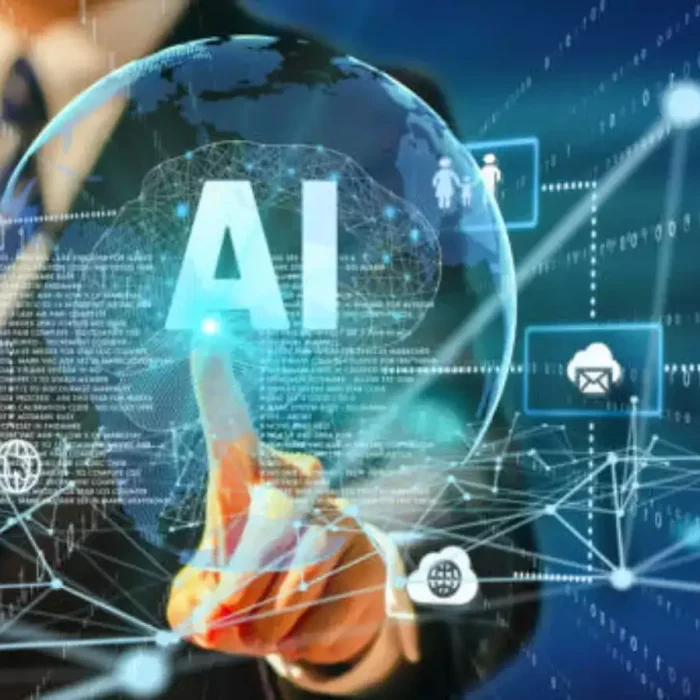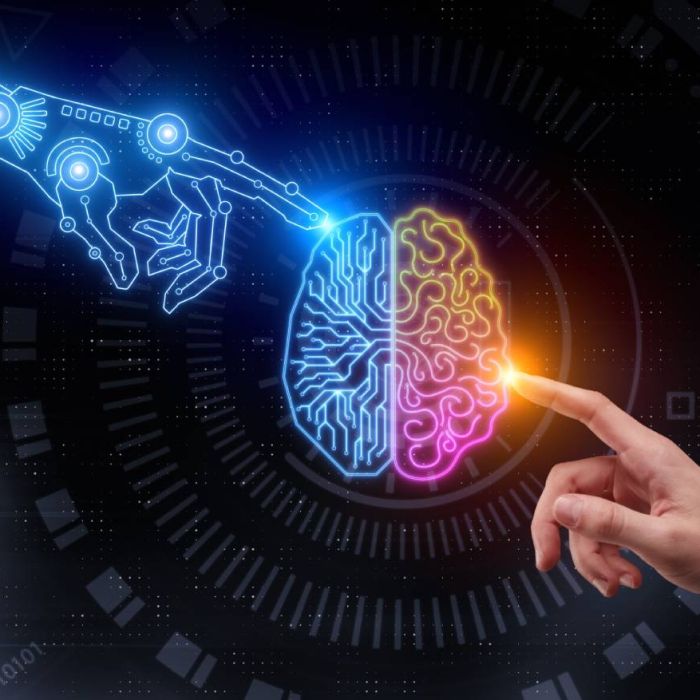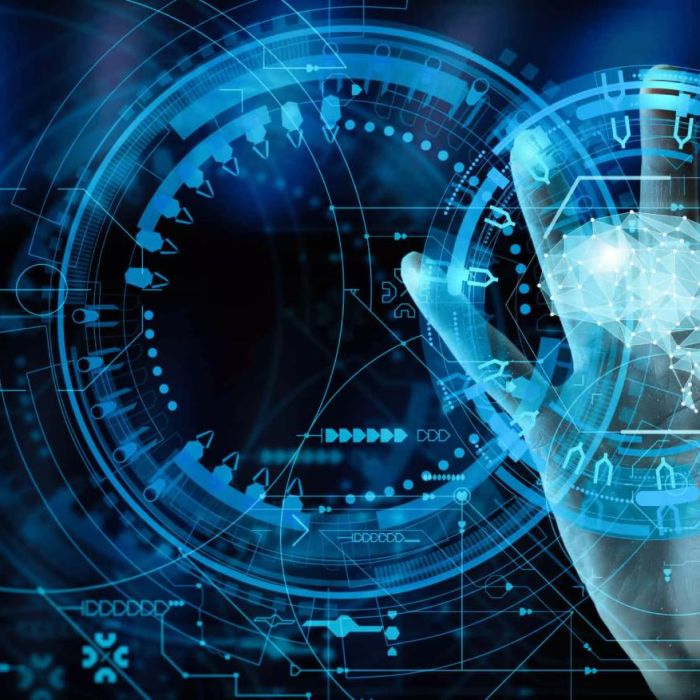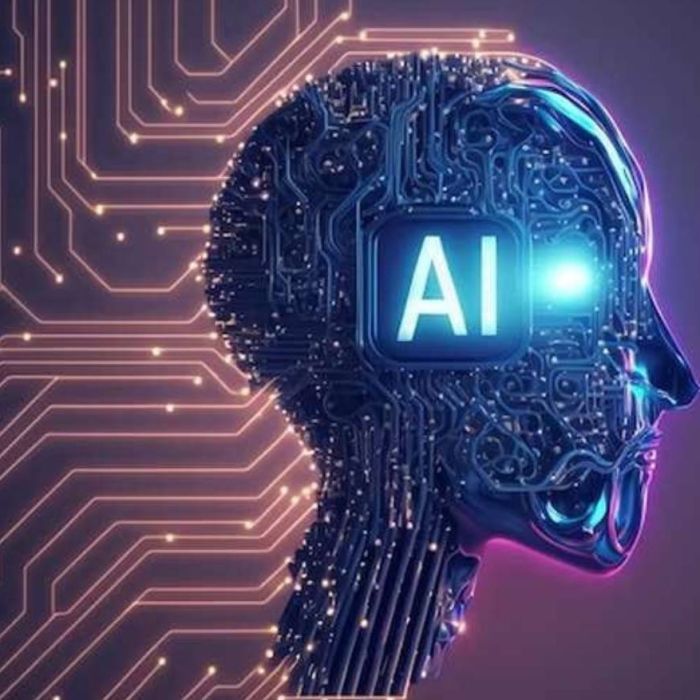AI and Future Jobs: Impact and Transformation in the Job Market
As Artificial Intelligence (AI) continues to advance, its transformative impact on the job market is undeniable. While AI augments productivity and efficiency across industries, it simultaneously reshapes job roles, creating new opportunities and altering traditional career landscapes.
AI’s Influence on Job Roles
1. Job Automation:
AI’s automation capabilities streamline repetitive and routine tasks across various sectors, affecting jobs in manufacturing, administrative work, and data processing. This shift necessitates reskilling or upskilling to adapt to evolving job demands.
2. Creation of New Job Roles:
The rise of AI sparks the emergence of new job categories, such as AI ethicists, data scientists, machine learning engineers, and AI trainers. These roles require specialized skills in managing and enhancing AI systems.
Transformative Impact Across Industries
1. Healthcare Industry Evolution:
AI revolutionizes healthcare, introducing roles focused on managing AI-driven diagnostics, personalized treatments, and health informatics. Medical professionals collaborate with AI systems for accurate diagnostics and treatment plans.
2. Financial Sector Reinvention:
The financial industry witnesses a shift towards roles specializing in AI-powered risk assessment, algorithmic trading, and fraud detection. Professionals with AI expertise are in demand to navigate complex financial data.
3. Manufacturing Optimization:
In manufacturing, roles revolve around overseeing AI-driven processes, predictive maintenance, and robotics. Workers collaborate with AI-powered systems to ensure seamless operations and increased efficiency.
Adapting to AI-Enabled Job Markets
1. Upskilling and Reskilling Initiatives:
To thrive in an AI-centric job market, continuous learning and skill development are essential. Upskilling programs prepare individuals for emerging roles, while reskilling initiatives equip workers to adapt to evolving job requirements.
2. Emphasis on Soft Skills:
While AI handles technical tasks, the demand for soft skills such as critical thinking, emotional intelligence, and creativity grows. These skills complement AI’s capabilities and remain crucial in many job roles.

3. Collaboration Between Humans and AI:
The future workforce involves collaboration between humans and AI systems. Professionals adept at leveraging AI as a tool rather than a replacement exhibit increased productivity and innovation.
Conclusion: Embracing AI in the Job Market
AI’s integration into the job market signifies both transformation and opportunity. While it streamlines operations and creates new job prospects, it also necessitates adaptability and continuous learning from job seekers and current professionals.
As AI continues to evolve, understanding its impact on job roles and embracing a proactive approach towards learning and skill development are imperative for individuals aiming to thrive in the AI-enabled job market of the future.








